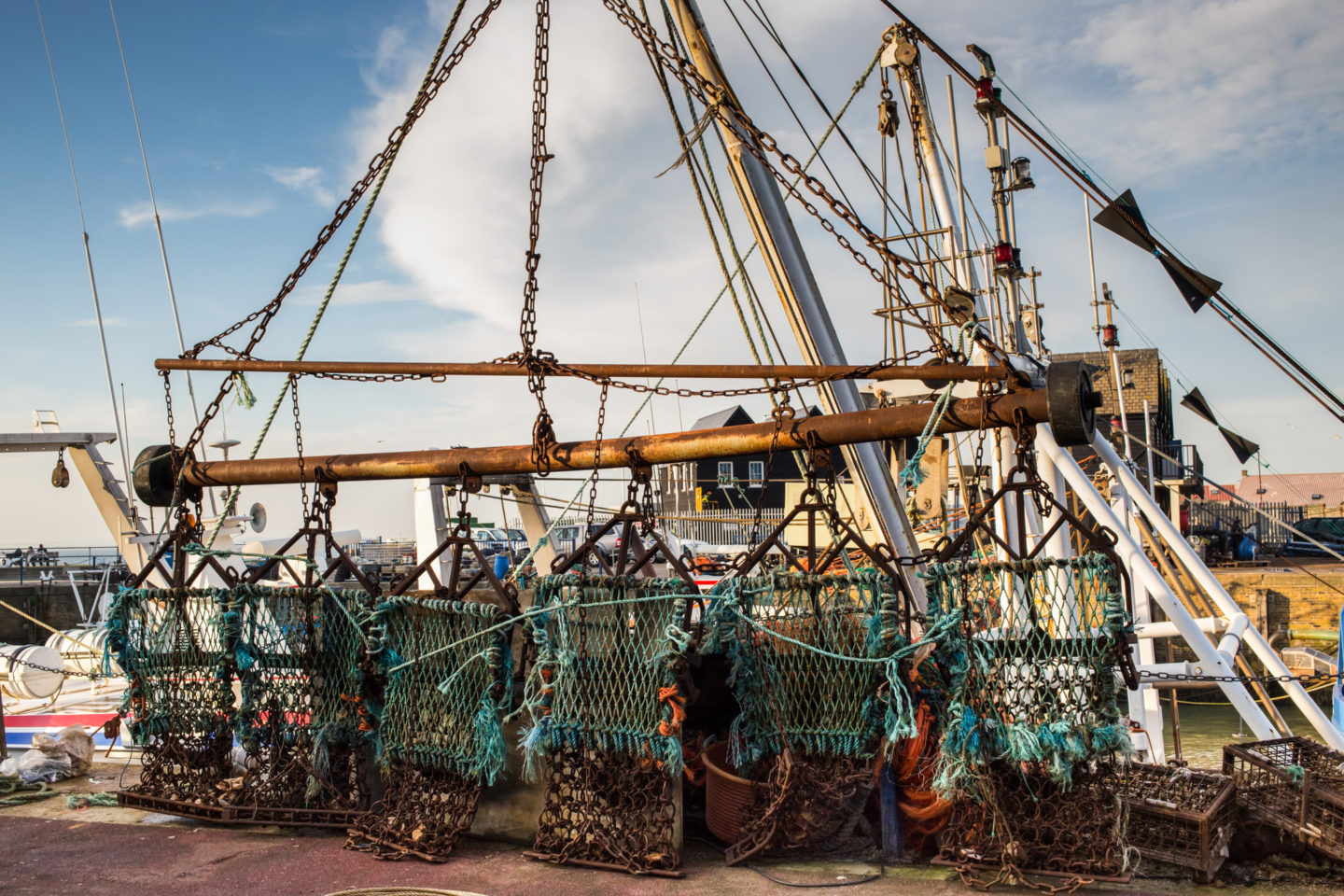There have been 112 reports of incursions into Scotland’s protected seas over the past four years, prompting claims that rogue fishermen are increasingly involved in illegal scallop dredging and prawn trawling to supply a lucrative black market in seafood.
The figures were obtained through a freedom of information request by campaign group Open Seas, which revealed there have been 38 incidents over the past year – including 13 so far in 2019.
Illegal scallop dredging involves “bulldozing” areas of Scotland’s coastal seabed which wrecks marine protected areas (MPAs). Bottom-trawling for prawns can also damage the marine environment and affect fish stocks.
While it is not illegal for fishing boats and trawlers to enter MPAs, Open Seas believes that a lack of prosecutions and a failure to implement vessel tracking on all boats has emboldened some skippers to dredge for scallops and prawns in protected waters, describing the issue as a “massive problem”.
Since 2015 there have only been two warning letters and three fixed penalty notices issued to fishermen for illegal fishing in MPAs.
Consumers are being urged to question shops and restaurants about where they obtained scallops from although a fishermen’s organisation claims that the scale of the problem is being exaggerated.
Over the past fortnight fresh claims of illegal scallop dredging have emerged. Divers filmed damage to the seabed off the coast of Jura, as revealed by The Ferret, and an industrial vessel was reportedly seen fishing in Loch Broom, near the Summer Isles. Marine Scotland is investigating both incidents.
Nick Underdown of Open Seas said the Scottish Government is not treating damage to MPAs by boats as “serious crimes”, describing fixed penalty notices as “completely inadequate”.
“Scallops are one of the gems of the Scottish seafood, but before treating yourself at a restaurant or the seafood aisle, ask where your scallops have come from. If they have been dredged, can the chef or fishmonger guarantee that they haven’t been scraped from a protected area or a fragile reefs?” Underdown said.
“Trawling for prawns, mostly sold as scampi, is an indiscriminate fishing method that also catches young, small fish and therefore hinders any chance of inshore fish stocks, such as cod and whiting, rebounding to their former health.
“Illegal trawling and dredging destroy fragile habitats that have only recently been given the chance to recover inside MPAs.”
In its reply to Open Seas’ FOI request, Marine Scotland said that a report of a boat entering a protected area does not necessarily mean that illegal activity has occurred.
However, Mike Park, chief executive of the Scottish White Fish Producers Association, said he accepted that “poor practice” by a “very small number” of vessels has been taking place.
He questioned the alleged scale of illegal fishing, however, adding that the use of “emotive language” by Open Seas was “potentially damaging” to a sector that is “trying its utmost to fish sustainably and protect the marine environment”.
Park continued: “The amounts of scallops landed from these vessels is negligible in relation to the total weight of scallops landed. Consumer confidence remains one of a number of drivers behind our call to Fergus Ewing to implement greater scrutiny of this small number of vessels. We have been working with Open Seas to ensure better tracking of scallop vessels both large and small.”
A Scottish Government spokesperson said: “We take protection of the marine environment and management of fisheries seriously. Dredging is subject to strict regulations and any illegal activity is completely unacceptable.
“We are committed to modernising monitoring systems which will enhance data collection and improve evidence gathering of fleet compliance which, in turn, will safeguard our fishers when unfounded or false accusations of wrongdoing are made.
“Fishing vessels are allowed to enter and transit through MPAs as long as they do not deploy gear where not permitted. Reports of suspected incursions do not confirm illegal activity has taken place and each report is fully investigated by MS Compliance.”
Last month we reported that Scots boat called Georgia Dawn was fined £1000 after being caught scallop dredging illegally near Guernsey. When stopped, the boat had gathered some two tonnes of scallops valued around £3500.
A shorter version of this article was published by The Sunday Times on 28 July 2019.














